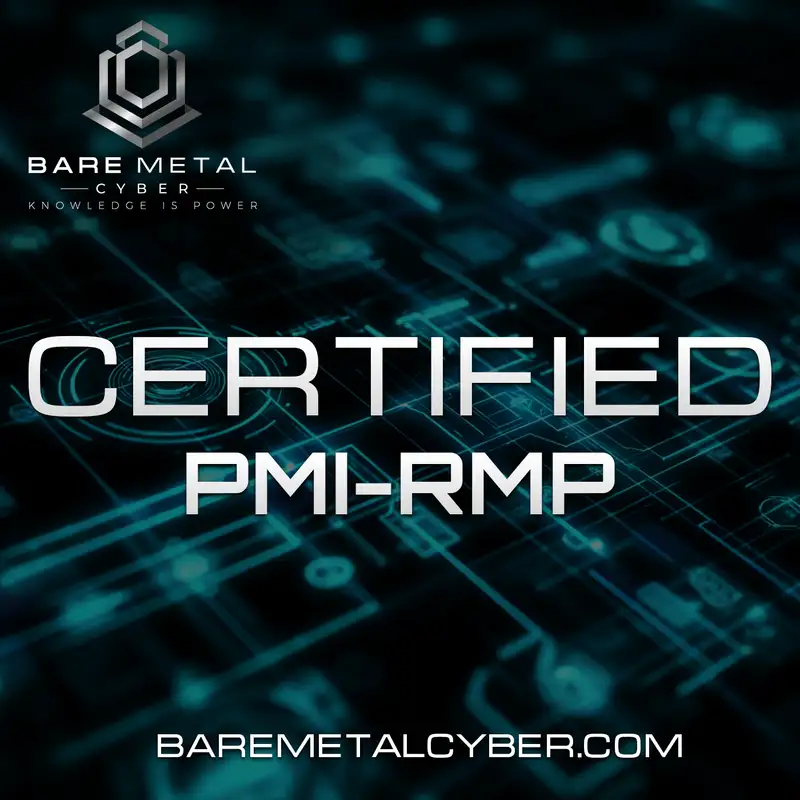Episode 13 — Culture and Risk Maturity Explained
Risk culture defines how openly teams discuss uncertainty, and risk maturity measures how consistently they act on it. This episode clarifies both ideas, since many PMI-RMP exam questions hinge on distinguishing cultural issues from procedural ones. You will learn the attributes of mature organizations—documented processes, clear ownership, early escalation—and the warning signs of low maturity, such as ad hoc registers or decisions made without thresholds. Understanding this landscape helps you propose improvements that are proportionate to the project’s size and governance level rather than imposing unrealistic rigor.
We expand with diagnostic techniques such as surveys, interviews, and document reviews that reveal tone, attitudes, and consistency. Best practices involve comparing cultural traits across departments to detect friction points where risk may be suppressed or overstated. Troubleshooting advice covers how to handle mixed cultures in hybrid environments, where one division embraces Agile openness while another adheres to strict hierarchy. Real-world examples show how a risk lead can use maturity findings to tailor communication style, meeting frequency, and escalation triggers, all of which reflect professional judgment on the exam. Produced by BareMetalCyber.com, where you’ll find more cyber audio courses, books, and information to strengthen your educational path. Also, if you want to stay up to date with the latest news, visit DailyCyber.News for a newsletter you can use, and a daily podcast you can commute with.
